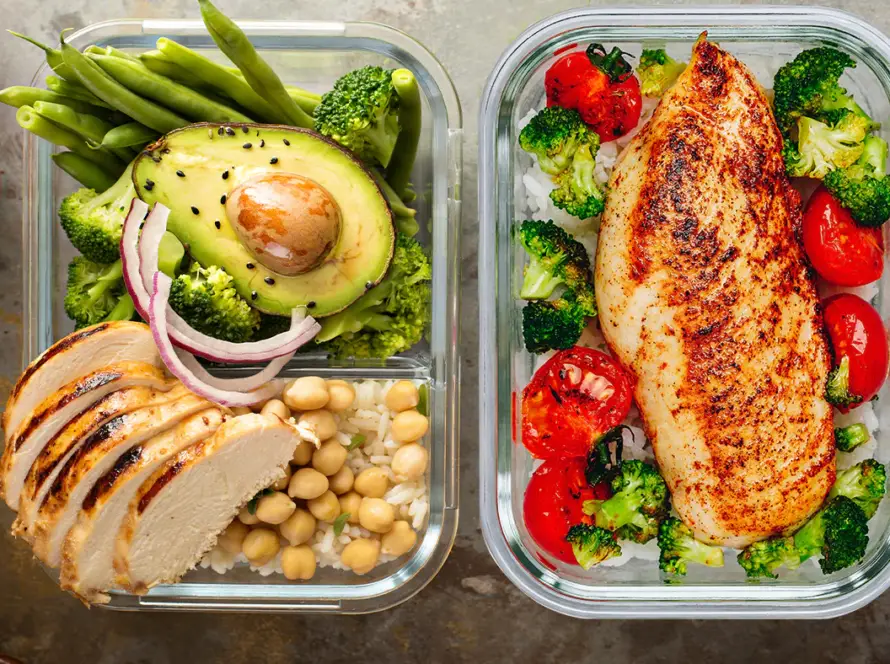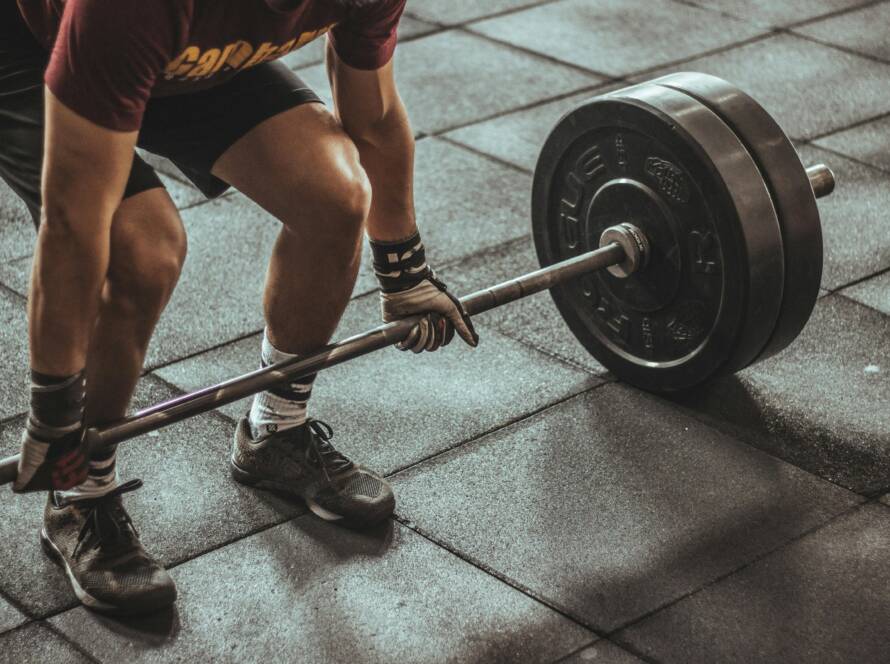Most people believe the harder they train, the better the results. But here’s the truth: your progress doesn’t happen while you’re lifting, running, or sweating—it happens when your body recovers.
Every training session creates microtears in your muscle fibers, drains glycogen stores, and stresses your nervous system. Recovery is the process that allows those fibers to repair and grow stronger, your energy systems to replenish, and your body to adapt to handle greater loads next time. Without recovery, training eventually leads to fatigue, burnout, or injury.
At Construct Fitness, we’ve worked with athletes across strength, endurance, and general fitness. The difference between those who thrive long-term and those who constantly hit plateaus isn’t just training intensity—it’s how deliberately they recover.
🔑 Why Recovery is Just as Important as Training
Think of recovery as the other half of training. If you only focus on pushing harder but ignore recovery, you’re leaving results on the table.
Research highlights that consistent recovery practices improve both performance outcomes and training adherence—athletes stay healthier, train longer, and sustain their routines without breaking down (Feil et al. 2021; Ma et al. 2023). Recovery also plays a major role in habit formation, as athletes who recover well are more likely to feel energized and motivated to continue training (Hopkins et al. 2022).
In short: recovery isn’t optional—it’s the foundation of long-term performance.
💤 Sleep: The Most Powerful Recovery Tool
If you take away only one thing, let it be this: sleep is non-negotiable.
During deep sleep, your body releases growth hormone, the key driver of tissue repair and muscle adaptation. Without enough quality rest, even the best nutrition and supplements can’t fully repair your body.
Aim for 7–9 hours of deep, uninterrupted sleep each night.
Athletes who sleep less than this consistently report higher injury risk, slower reaction times, and weaker performance across training sessions.
🍳 Nutrition: Refueling for Repair
What you eat after training determines how well your body repairs.
Protein: Consuming 10–20 g of protein within 30–60 minutes post-exercise provides the amino acids your body needs to rebuild muscle fibres (Phillips & van Loon 2011)
Carbohydrates: Carbs replenish glycogen—the primary fuel source for your muscles (Burke, van Loon & Hawley 2017).
Hydration: Dehydration of just 2% can impair muscle repair and increase fatigue (Sawka et al. 2007).
Anti-inflammatory foods: Whole foods like berries, spinach, turmeric, and ginger reduce inflammation and soreness, supporting faster recovery (Connolly, McHugh & Padilla-Zakour 2006).
🔥 Bottom Line
The best athletes don’t just train harder—they recover smarter.
Recovery is not downtime. It’s the process that transforms training stress into adaptation, strength, and long-term results. Neglecting it means leaving progress unrealized.
At Construct Fitness, we emphasize that training, nutrition, and recovery form a three-part system. Miss one piece, and the entire system weakens.
📚 References
Burke, LM, van Loon, LJC & Hawley, JA 2017, ‘Postexercise muscle glycogen resynthesis in humans’, Journal of Applied Physiology, vol. 122, no. 5, pp. 1055–1067. https://doi.org/10.1152/japplphysiol.00860.2016
Connolly, DAJ, McHugh, MP & Padilla-Zakour, OI 2006, ‘Efficacy of a tart cherry juice blend in preventing the symptoms of muscle damage’, British Journal of Sports Medicine, vol. 40, no. 8, pp. 679–683. https://doi.org/10.1136/bjsm.2005.025429
Feil, M, Reid, M, Kerr, R, Hopkins, W & Coutts, A 2021, ‘Recovery strategies in professional team sport: A survey of current practices’, International Journal of Sports Physiology and Performance, vol. 16, no. 10, pp. 1425–1434. https://doi.org/10.1123/ijspp.2020-0664
Hopkins, WG, Marshall, SW, Batterham, AM & Hanin, J 2022, ‘Progressive statistics for studies in sports medicine and exercise science’, Medicine & Science in Sports & Exercise, vol. 54, no. 6, pp. 1021–1034. https://doi.org/10.1249/MSS.0000000000002895
Ma, W, Liu, Z, Chen, Y & Zhang, X 2023, ‘The role of recovery in exercise-induced fatigue: Mechanisms and interventions’, Frontiers in Physiology, vol. 14, 1182334. https://doi.org/10.3389/fphys.2023.1182334
Phillips, SM & van Loon, LJC 2011, ‘Dietary protein for athletes: From requirements to optimum adaptation’, Journal of Sports Sciences, vol. 29, sup. 1, pp. S29–S38. https://doi.org/10.1080/02640414.2011.619204
Sawka, MN, Burke, LM, Eichner, ER, Maughan, RJ, Montain, SJ & Stachenfeld, NS 2007, ‘American College of Sports Medicine position stand: Exercise and fluid replacement’, Medicine & Science in Sports & Exercise, vol. 39, no. 2, pp. 377–390. https://doi.org/10.1249/mss.0b013e31802ca597



